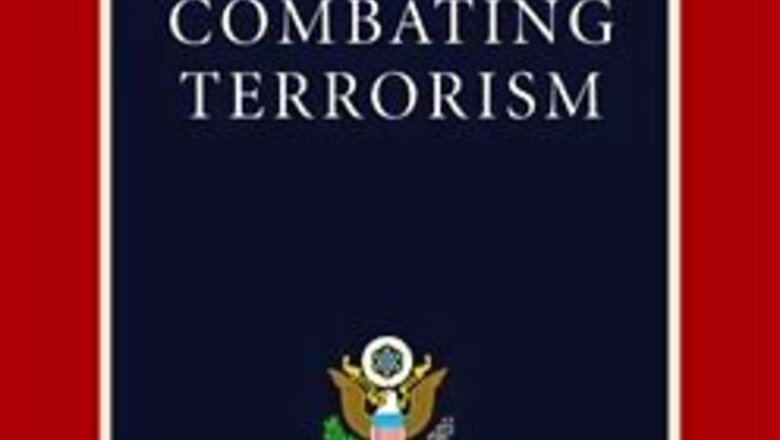
views
Washington: The Bush administration claimed significant progress on Tuesday in its campaign against global terrorism but said the enemy has adjusted to US defenses and that ''America is safer but we are not yet safe.''
Releasing an updated counterterrorism strategy in advance of a speech that President George W Bush was set to give later, the White House said: ''The US and our partners continue to pursue a significantly degraded but still dangerous al-Qaeda network.''
''Yet the enemy we face today in the war on terror is not the same enemy we faced on September 11,'' said the 23-page terrorism strategy update. ''Our effective counter terrorist efforts in part have forced the terrorists to evolve and modify their ways of doing business.''
Two months before the midterm elections, the report was the White House's latest attempt to highlight national security, an issue that has helped Republicans in past campaigns. Democrats were releasing their own assessment.
''Years of failed Republican policies have made America less safe and less able to effectively fight terrorism, and Democrats are ready to take this country in a new direction,'' Democrats said in statement.
The updated White House strategy came in the wake of the release of a new al-Qaeda video over the weekend that raised concerns about the possibility of another attack as the fifth anniversary of the September 11 terror attacks on the Pentagon and New York City's World Trade Center towers approaches.
The tape featured an American - believed by the FBI to have attended al-Qaeda training camps - calling for his countrymen to convert to Islam.
Asked about this on Tuesday, Fran Townsend, a special assistant to Bush for homeland security and counterterrorism, said she did not think the tape suggested another strike.
''We have seen tapes before. We've seen these sort of releases right near September 11,'' she said on ABC's Good Morning America.''
The Department of Homeland Security had raised the terror threat for aviation to red - its highest level - in mid-August at the time the British, working with the United States, broke up what was purported to be a plot against international flights bound from Britain to the US.
The administration's Iraq war policy and terrorism strategy have come under increasing criticism in recent months, and Republicans and Democrats returning to Capitol Hill Tuesday for the fall season were set to debate the strategy as the midterm elections draw near.
Five years after the attacks on the World Trade Center in New York and the Pentagon, about a third of the American people think the terrorists are winning, according to a recent AP-Ipsos poll.
In its updated terror-fighting strategy, the administration took credit for some successes, saying that ''we have deprived al-Qaeda of safe haven in Afghanistan and helped a democratic government rise in its place. It also said that ''a multinational coalition joined by the Iraqis is aggressively prosecuting the war against the terrorists in Iraq.''
But it also acknowledged continuing challenges:
''Terrorist networks today are more dispersed and less centralised. They are more reliant on smaller cells inspired by a common ideology and less directed by a central command structure.''
''While the US government and its partners have thwarted many attacks, we have not been able to prevent them all. Terrorists have struck in many places throughout the world, from Bali to Beslan to Baghdad.''
''While we have substantially improved our air, land, sea and border security, our Homeland is not immune from attack.''
''The ongoing fight for freedom in Iraq has been twisted by terrorist propaganda as a rallying cry.''
Bush has said on many occasions that the country must be prepared for a drawn-out battle against a new kind of enemy, and the new counterterrorism strategy released on Tuesday says flatly that ''the war on terror will be a long war.''
It says that among the strategies the US must emphasize are making all sovereign nations accountable for what happens on their soil, strengthening existing coalitions and partnerships against terrorists and continue to develop more expertise in this area.




















Comments
0 comment